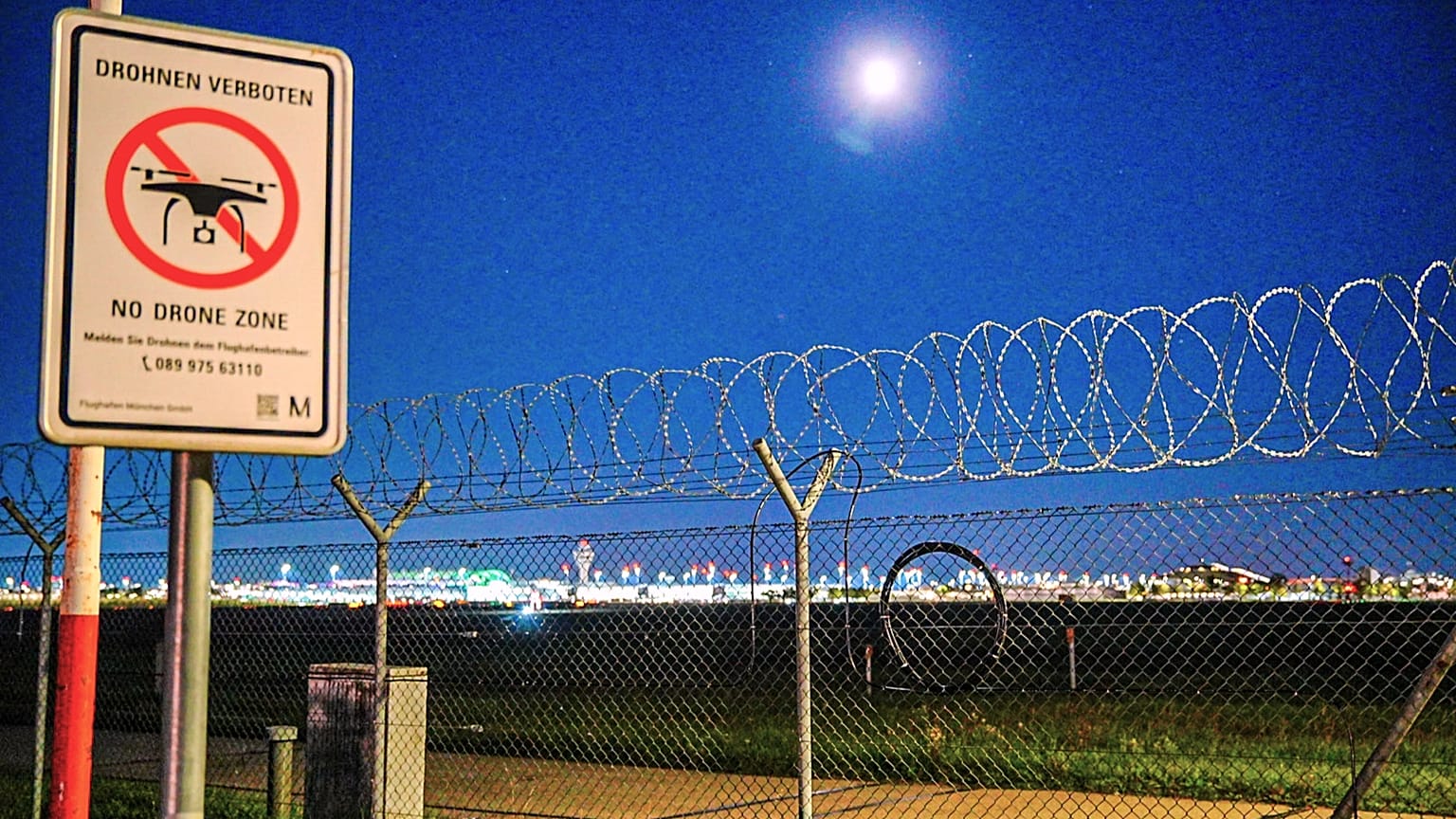A key suspect in the 2007 disappearance of British girl Madeleine McCann has been released from a German prison after serving time for an offense unrelated to the high-profile case. This development raises questions about ongoing investigations and the legal complexities surrounding one of the most widely reported missing persons cases in recent history.
Madeleine McCann went missing during a trip with her family in Portugal, initiating an international hunt and attracting media scrutiny that has persisted for more than 16 years. This situation has engaged various nations and police forces, along with a broad spectrum of suggestions and possibilities. Despite many inquiries and requests for information from the public, her vanishing case is still unsolved, with both the international community and her relatives continuing to look for explanations.
The release and its implications
The suspect, who had been serving a sentence in Germany for crimes unrelated to Madeleine McCann’s disappearance, was recently freed following the completion of the judicial term. Authorities have clarified that the release was procedural and not connected to any change in the investigation of the missing girl. Nevertheless, the timing of the release has attracted considerable media scrutiny and reignited public interest in the case.
Legal specialists emphasize the importance of distinguishing cases to comprehend the circumstances. The suspect’s earlier conviction was managed separately from the McCann inquiry, and the German court system follows rigorous rules related to sentence fulfillment and releasing inmates. Although this might be standard procedure legally, the prominent nature of the Madeleine McCann case heightens public reaction and triggers renewed speculation about possible future decisions by officials.
Authorities in Portugal and the United Kingdom are still following up on leads, reviewing evidence collected throughout the years and working with German authorities when necessary. Interpol and additional global law enforcement bodies stay involved, aiding cross-national investigative initiatives. The challenge of navigating several legal systems, along with the time that has passed, makes the situation both complex and delicate, especially with the worldwide focus on this case.
Current research and community attention
The disappearance of Madeleine McCann remains one of the most notorious missing persons cases in modern history. Public and media interest has persisted due to the mysterious circumstances surrounding her disappearance, the involvement of her family in advocacy and public appeals, and the challenges faced by law enforcement in tracking international leads. Every development, including the release of a suspect in an unrelated case, is analyzed for potential implications, even if legally unconnected.
Investigators have emphasized that the case remains open and active. Advances in forensic technology, including DNA analysis, digital data retrieval, and international intelligence sharing, provide hope that new evidence could emerge. Cold case units often revisit leads years after initial investigations, leveraging new methods to uncover connections that were previously undetectable. The persistence of investigators is matched by the enduring determination of Madeleine’s family, who continue to campaign for answers and closure.
The global media plays a dual role, keeping the case in public consciousness while also navigating the legal sensitivities of ongoing investigations. Responsible reporting ensures that speculation does not compromise evidence or legal proceedings, although public curiosity and social media commentary frequently challenge these boundaries. The release of a suspect, even in an unrelated matter, inevitably triggers renewed coverage and discussion about the broader case.
The larger framework surrounding well-known cases of missing individuals
The McCann case showcases the difficulties associated with prominent missing person situations. Global media coverage, legal intricacies extending across nations, and the participation of various investigative groups can both assist and hinder the process of finding missing people. Coordination across countries necessitates careful dialogue, compliance with varied legal systems, and consideration of suspects’ rights during the pursuit of leads.
Cases like this also underscore the psychological impact on families, law enforcement, and the public. Extended uncertainty, persistent media attention, and public speculation can affect mental health and the ability of families to grieve or seek closure. Support systems for families, including counseling, legal guidance, and advocacy organizations, play a critical role in navigating these prolonged and complex circumstances.
The ongoing interest in Madeleine McCann’s disappearance has influenced investigative approaches globally, highlighting the importance of technology, international cooperation, and public engagement in resolving missing persons cases. Lessons learned from high-profile investigations often inform policies, training, and response strategies in subsequent cases, shaping the broader landscape of law enforcement and victim support.
A questionable outlook for the McCann family
While the suspect’s release may seem significant in media reports, authorities maintain that it does not alter the status of the ongoing investigation. Investigators continue to analyze evidence, follow leads, and coordinate with international partners in the hope of finding definitive answers. The complexity of the case, spanning multiple countries and involving decades of data, requires sustained effort, meticulous attention to detail, and a careful balance of legal procedures and investigative priorities.
For the public, the case serves as a reminder of the enduring mystery and the ongoing search for justice. Advocacy, awareness, and careful reporting continue to play crucial roles in maintaining focus on the unresolved disappearance. Meanwhile, legal systems must navigate procedural norms while responding to heightened scrutiny from a global audience, ensuring that justice and due process are upheld in parallel.
The freedom of the suspect emphasizes the difficulties of prominent investigations and the interaction between separate legal cases and current criminal probes. It underlines the necessity for effective dialogue among authorities, the media, and the community, ensuring that new information is comprehended within its context. While officials persist in their investigation, the promise to reveal the truth stays firm, showcasing the perseverance and resolve that have defined this case since Madeleine McCann’s disappearance.






